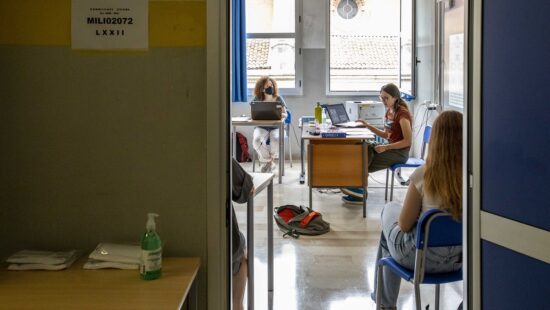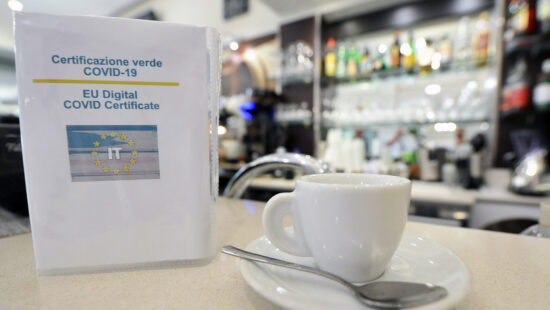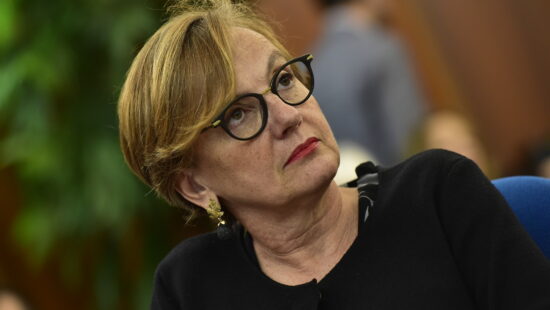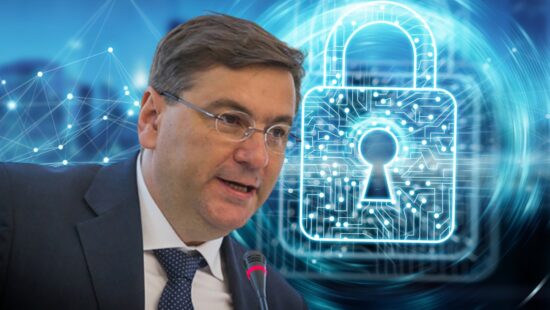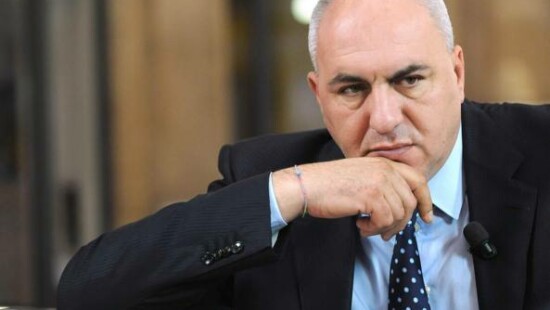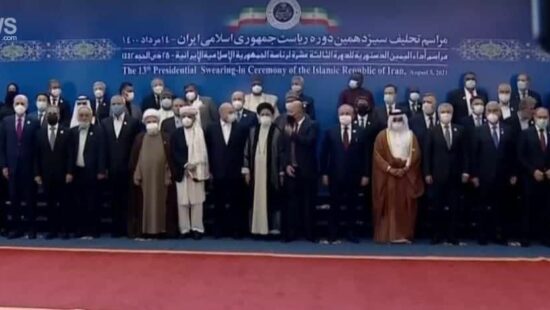Il varo del nuovo statuto, che dovrebbe essere integrato a breve da un “codice etico”, mostra un problema: quello della possibile collocazione politica del M5S nel futuro panorama italiano, particolarmente se, complice la legge elettorale, si ritorna a un sistema essenzialmente bipolare. Giuseppe Pennisi integra con il suo commento l’intervento del prof. Pasquino già ospitato da Formiche.net
Archivi
L’egemonia della conoscenza e il nuovo ordine mondiale. Gli Usa e il resto del mondo
La politica del potere, prima nell’era agricola e dopo in quella industriale è stata caratterizzata dall’egemonia militare e poi economica, mentre la politica del potere nell’era dell’informazione rivela gradualmente le caratteristiche dell’egemonia della conoscenza sia a livello scientifico che d’intelligence. L’analisi di Giancarlo Elia Valori
Compiacersi o inquietarsi per i risultati della maturità 2021? Scrive Zecchini
È necessaria una grande volontà di riforma per avanzare da un’istruzione finalizzata a ottenere un titolo di studio da far valere al momento delle assunzioni a una mirante a far acquisire allo studente apprendimenti utili per edificare il proprio futuro di lavoro. L’analisi di Salvatore Zecchini sulla maturità giunta dopo un anno di sconvolgimenti dove la quasi totalità degli ammessi (99,8%) ha superato la prova, o meglio il 96% di quanti hanno completato i corsi d’istruzione secondaria
Green pass obbligatorio, si parte. Trasporti e scuola i prossimi step
Al via dal 6 agosto l’obbligo di esibizione del certificato vaccinale in bar, ristoranti, musei, palestre e altri luoghi di aggregazione, specie al chiuso. E il governo delibera sui prossimi passi: green pass per i viaggiatori e per il personale scolastico (che rischia la sospensione)
Il governo dà l'ok al decreto sulla Direttiva Copyright. Cosa non funziona secondo Scialdone (UER)
Il Consiglio dei ministri ha approvato lo schema di decreto che recepirà la Direttiva Copyright. Un testo scritto per favorire i grandi editori e colpire gli Over The Top, che si discosta molto da quanto previsto a Bruxelles e dagli altri Stati Membri. Per l’avvocato Marco Scialdone, professore all’Università Europea di Roma, è stato ignorato anche il parere del comitato sul diritto d’autore
Chi è il prefetto Alessandra Guidi, nuovo vicedirettore del Dis
Roberto Baldoni scelto dal premier Draghi come direttore dell’Agenzia per la cybersicurezza nazionale. Al suo posto al Dis arriva il prefetto Alessandra Guidi
Chi è Roberto Baldoni, il nuovo cyber zar di Draghi
Roberto Baldoni sarà il direttore della nuova Agenzia per la cybersicurezza nazionale (Acn). Il Consiglio dei ministri ha nominato il professore che lascia la vicedirezione del Dis. Tra le massime autorità italiane in materia cyber, è stato l'”architetto” del Perimetro di sicurezza nazionale cibernetica, che continuerà a costruire nei prossimi mesi
Delta e monoclonali, i dubbi di un sì-vax. Botta e risposta Burioni-Crosetto
Nonostante la doppia dose Pfizer, il coordinatore di Fratelli d’Italia ha contratto la variante Delta del Covid. I dubbi sull’efficacia del vaccino? “Non sono un no vax”. La strada dei monoclonali e il botta e risposta con Burioni
Nucleare e regioni ribelli. Le sfide dell'Iran di Raisi secondo Perteghella
Secondo Perteghella (Ecco), per la presidenza Raisi restano in piedi tutti i problemi del passato, ma l’Iran si trova anche davanti questioni complesse che riguardano il clima e la transizione energetica che ruotano molto attorno ai negoziati sul Jcpoa, sebbene il regime voglia cercare di spingere l’economia di resistenza
G20 Digitale? L’Italia è l'hub naturale per la connettività sottomarina. Parla Ascani
Il cavo Blue Raman (Google-Sparkle) rappresenta “un’iniziativa preziosa per il nostro Paese”, spiega la sottosegretaria al Mise a “Formiche” a margine del G20 innovazione di Trieste






